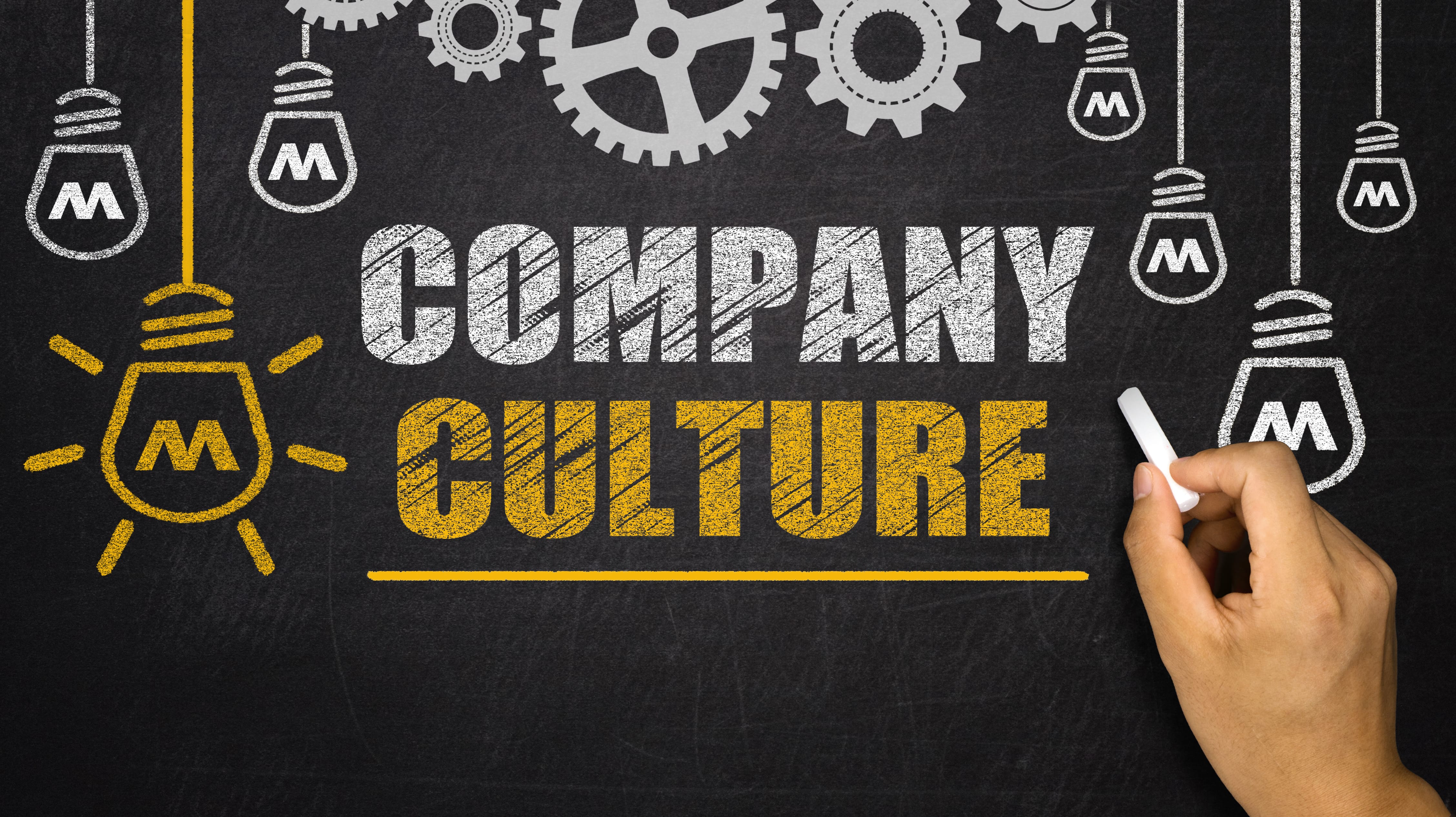Benefits
A Fun Culture Isn’t Enough to Retain and Engage Top Talent
By Dan Jolivet
Dec. 5, 2019
In today’s job market, companies are under pressure to not only attract top talent but retain it as well. The allure of flexible hours, unlimited time off and craft beer on tap may speak to the promise of a fun culture, but don’t hold much weight when an employee considers greener pastures.
Employee benefits programs are a strong deciding factor when people consider staying with or leaving their company. A recent study found that 78 percent of employees would be more likely to stay at their current job because of the benefits they receive. With benefits holding a priority position on employees’ pro and con checklists, it’s imperative for employers to offer coverage that is not only valuable but competitive in the marketplace.
Absence and disability programs are two primary areas of employee benefits that are undervalued in the U.S. workforce. Based on a survey of HR decision makers by The Standard, 23 percent of companies embrace a holistic approach to accommodating disabilities. Further, less than 33 percent of companies have embraced the need for family and medical leave that is more comprehensive than current laws permit. Based on these findings, it’s no surprise that only 1 in 4 employees see their employer as a leader in managing absence and disability. This poses an opportunity for companies to prove they are in touch with employee needs and offer benefits that are both valuable and competitive.
In particular, companies should consider accommodations for employee mental health conditions if they want to retain talent and increase job satisfaction. The rate of millennials experiencing a mental health condition continues to rise and conversations about employee burnout, anxiety and depression are becoming more prevalent. According to Pew Research Center, millennials make up the largest sector of the U.S. workforce with Gen Z following close behind. The impact of mental health in the workplace will only continue to grow as baby boomers and Gen X retire and exit the workforce. Millennials are more open about mental health conditions than any previous generation and expect their employers to both support them and provide realistic accommodations.
Companies are struggling with this shift. The Standard’s research found that 71 percent are not confident in managing employee mental health conditions. Moreover, 63 percent of organizations do not feel prepared to accommodate absence or disability related to behavioral health conditions. It’s time for companies to rethink their approach to employee mental health if they want to be viewed as positive places to work.
Organizations that are committed to improving their approach to behavioral health can incorporate a variety of tactics. First, company leaders can offer explicit support to employees experiencing mental health or substance abuse issues. Public communications, such as email campaigns and company-wide meetings, should aim to address and reduce the stigma around behavioral health conditions in the workplace. A strong wellness campaign backed by manager training on issues such as depression, anxiety and addiction can further bolster a strong behavioral health strategy.
In addition to a company culture that supports and responds to mental health and substance abuse needs, employers can search for a behavioral health benefits program that attracts and retains valuable talent. Organizations should consider implementing a formal wellness program that factors in “mental health days,” flexible work schedules, subsidized employee subscriptions for mental health, parental leave and other key benefits. While accommodating these needs is not always easy territory to navigate, employers who provide workers with the tools they need to address mental health and substance abuse will enjoy the benefits of employees who are far better equipped to meaningfully contribute to the company mission.
Offering absence and disability programs that accommodate behavioral health conditions while destigmatizing workplace discussions around mental health are key to the development and execution of a successful program. Behavioral health assessments can create open discussions about mental health in the workplace, but findings show that only 10 percent of companies are offering them. These assessments can help employees understand if they are likely to suffer from a mental health condition.
The U.S. workforce is undergoing a generational shift, and employers are trying to retain employees in a job market where many new opportunities abound. Companies that come out on top will do so by expanding and improving their employee benefits programs. At the end of the day, people stick with companies that value and support them through life’s ups and downs.
Schedule, engage, and pay your staff in one system with Workforce.com.
